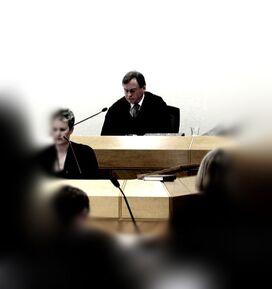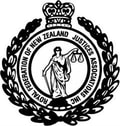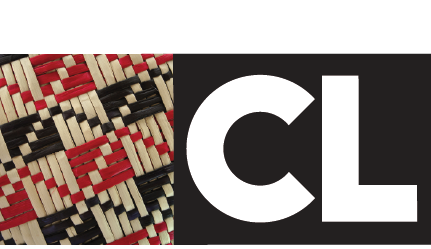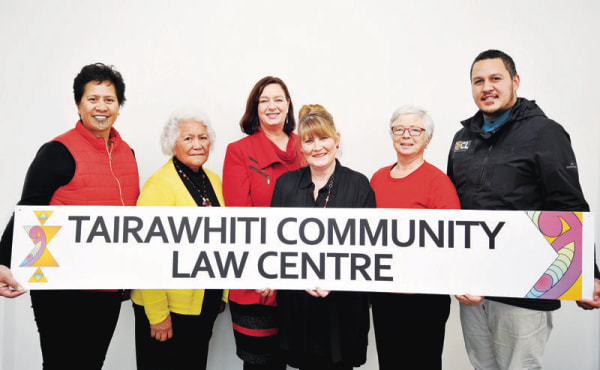Portia: Part of the Solution
|
Portia (Ebborn Law) is committed to helping people get access to justice. We do this in a number of ways and assist over 1,000 people a year in many areas of the law.
In 2019 we were the fifth largest provider of legal aid in New Zealand. In addition, we have been this country's biggest family legal aid provider since 2014. |
We work extensively with Women's Refuge and a number of other social and community services to ensure pathways to justice are available, using technology where possible.
We give many aspiring young lawyers their first experience in a law firm, providing a high standard of training, flexible work hours and other benefits. |
Our management and lawyers participate at events such as the Child Matters course, LawFest, the Future Firm Forum and many others.
Our firm is set up to use money efficiently and effectively. Wastage is reduced where possible. We operate a paperless office; re-purposing technology where possible. |
Portia is a strong proponent of alternative dispute resolution such as mediation and arbitration. We work closely with FairWay Resolution to help people access justice quickly.
We provide a wealth of information online and use our legal knowledge to support or influence the making of laws, through submissions to Parliament. |
Access to Justice
|
What is "access"?
Access means the ability to do something without a barrier. It could be:
Access is an important part of freedom. Freedom is an essential part of New Zealand society.
What is "access to justice"? Your right to access justice is protected by Article Six of the Universal Declaration of Human Rights, to which New Zealand is a signatory. The Article says that: "Everyone has the right to recognition everywhere as a person before the law"
Section 27 of the New Zealand Bill of Rights Act 1990 specifically grants the right to every person (including both legal and natural persons) to:
|
What is "justice"
Justice is the system by which a society creates outcomes that meet the philosophy of the ruling classes. What those outcomes are depend on the philosophy: for example, John Rawls said justice is "the first virtue of social institutions"; whereas Jeremy Bentham (founder of utilitarianism) saw justice as maximising happiness and wellbeing for the majority of people. There are literally hundreds of opinions on the meaning and purpose of justice, however New Zealand society is guided by the Universal Declaration of Human Rights, Te Tiriti o Waitangi (the Treaty of Waitangi) and the New Zealand Bill of Rights Act 1990. Stanford University is recognised for academic excellence around the concept of justice. If you want to learn more, go to this website. Perhaps it is easiest to explain justice by stating what it isn't. Justice is not:
|
Use of languages other than English in Court |
The Challenge of an Acceptable Justice System |
|
Official Languages
New Zealand recognises three official languages: Māori, NZ sign and English.
|
Building a Just Society
While the biggest responsibility for creating justice that is trusted and legitimate to all people lies with the Government, individuals can also contribute. Treating all people equally, not discriminating, giving consideration for the burdens others bear, sharing our wealth, being generous with our time are all things we do to create a good society. These things can be called 'social capital' - the networks we build and the things we can do for each other through those networks. At Portia, we contribute to a brighter future by using our skills to help the community and social services assist people with the most need. |
|
New Zealand Sign Language (NZSL)
|
|
Useful Information
|
WHAT ARE... Justices of the Peace?
Justices of the Peace (JPs) have existed for over 650 years. Originally they guarded the King's peace and were established formally under the Justice of the Peace Act 1361 during the reign of Edward III. JPs were generally members of the gentry (wealthy landowners) as the position was voluntary; to be a JP was prestigious, never a way to make money. Throughout history JPs have undertaken a variety of functions. They would conduct arraignments in criminal cases and also try minor criminal infractions. They were appointed by municipal corporations until 1835, when Parliament enacted legislation requiring appointment by the Crown. Around this time a JP’s role extended to include regulating wages, food supplies and infrastructure such as roads and bridges across the United Kingdom. JPs are today appointed in a number of Commonwealth countries. Although their roles and responsibilities differ there is a unifying theme: a JP must be someone of good standing in the community. Aotearoa New Zealand’s first JP was appointed in 1814, a missionary by the name of Thomas Kendall. There are now almost 6,000 serving in communities across the country. Our JPs can statutorily swear oaths and take declarations. Some are also authorised to hear minor court cases, to issue search warrants in certain situations and act as a Visiting Justice in prisons, for the purposes of hearing a prisoner’s grievances. Indeed, while there is no legal criteria for witnessing a signature, many documents require a lawyer or a JP to bear witness. You can find a nearby JP here.
If you are interested in becoming a JP then ask your local Member of Parliament to nominate you. The Governor-General appoints JPs for lifetime tenure. On appointment JPs must swear the Judicial Oath before a Judge in which they state: "I will do right to all manner of people after the laws and usages of New Zealand, without fear or favour, affection or ill will."
|
The Oath is indicative of how we see JPs: trustworthy people with integrity, honour and good character who, after nearly seven centuries, continue to perform an important function in our society. More and more often, Justices of the Peace are called upon by businesses to undertake functions outside of their official duties. This often in the form of a requirement by some businesses to have a JP witness a signature (there is no legislation regarding who can witness signatures, only who can take statutory declarations or oaths). So what official powers does a JP have? It depends, as there are two types of duties a JP carries out: Ministerial and Judicial. Ministerial Duties
Fun Fact District Court Judges are also Justices of the Peace. When sitting alone they have the powers and functions equivalent to two JPs sitting in Court. So, 1 Judge = 2 JPs. |
|











